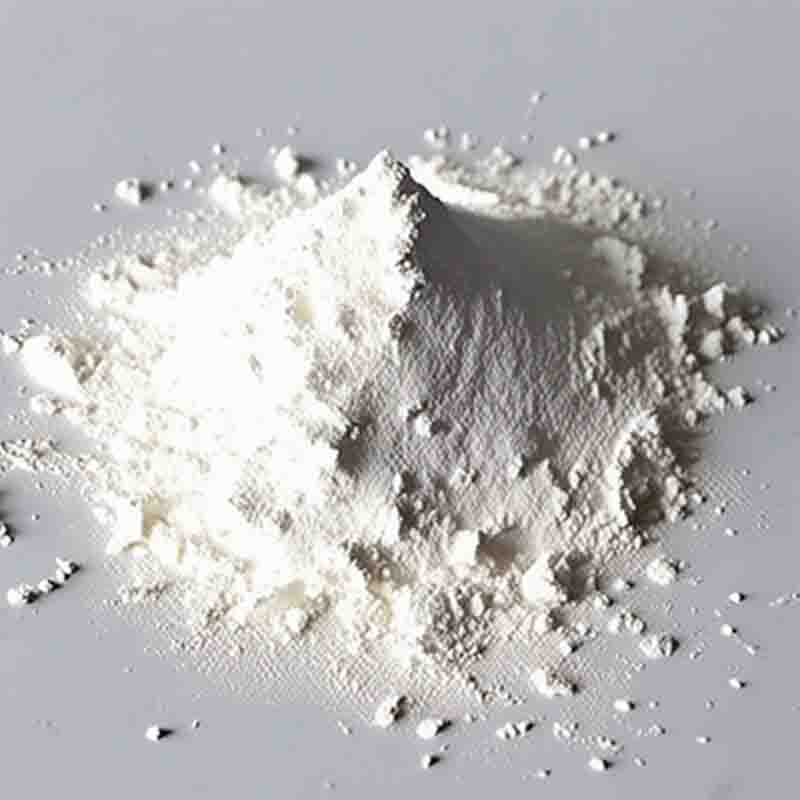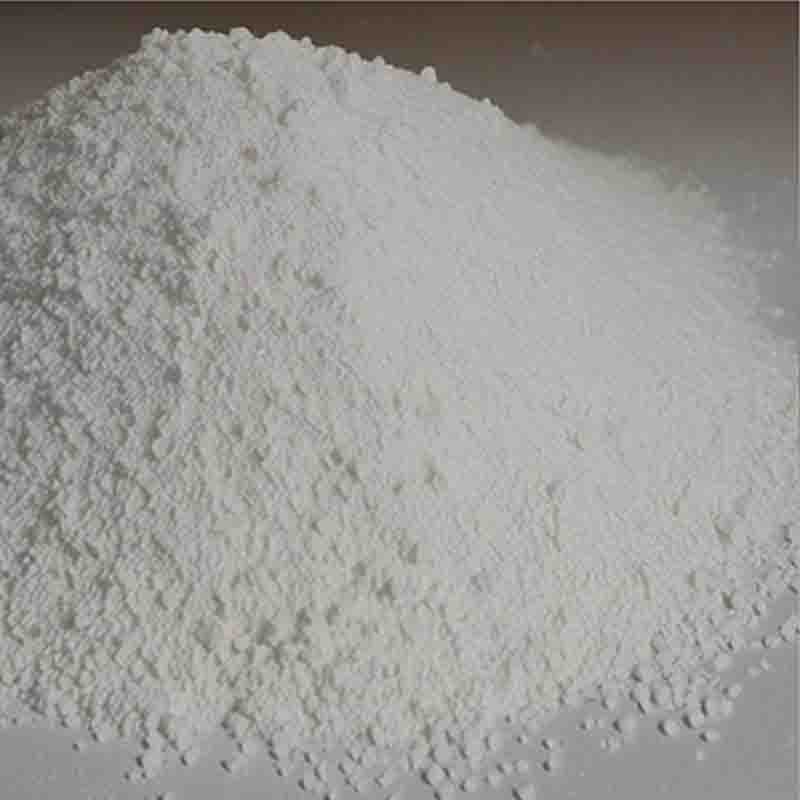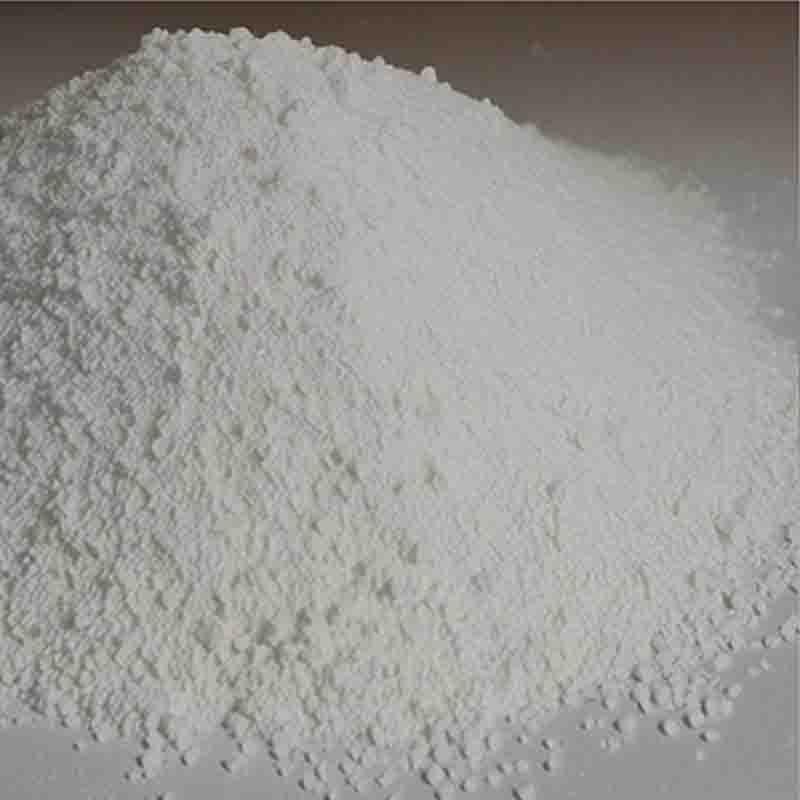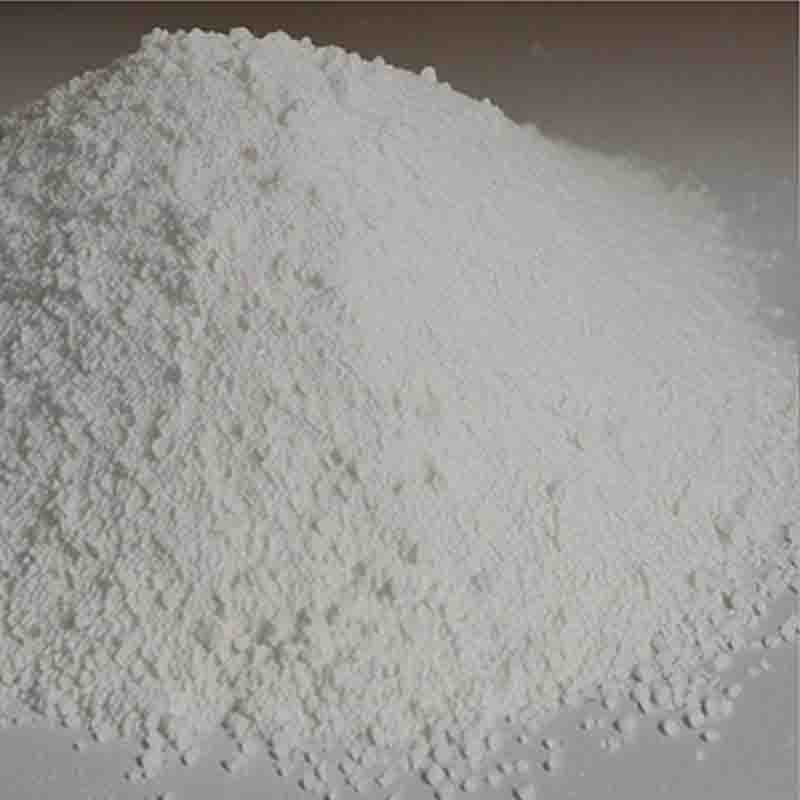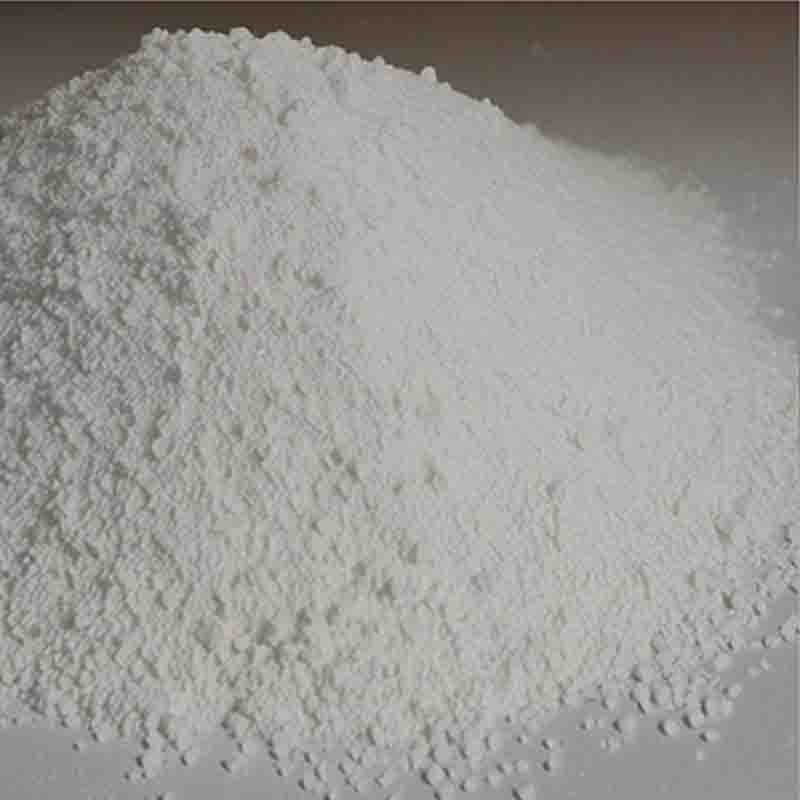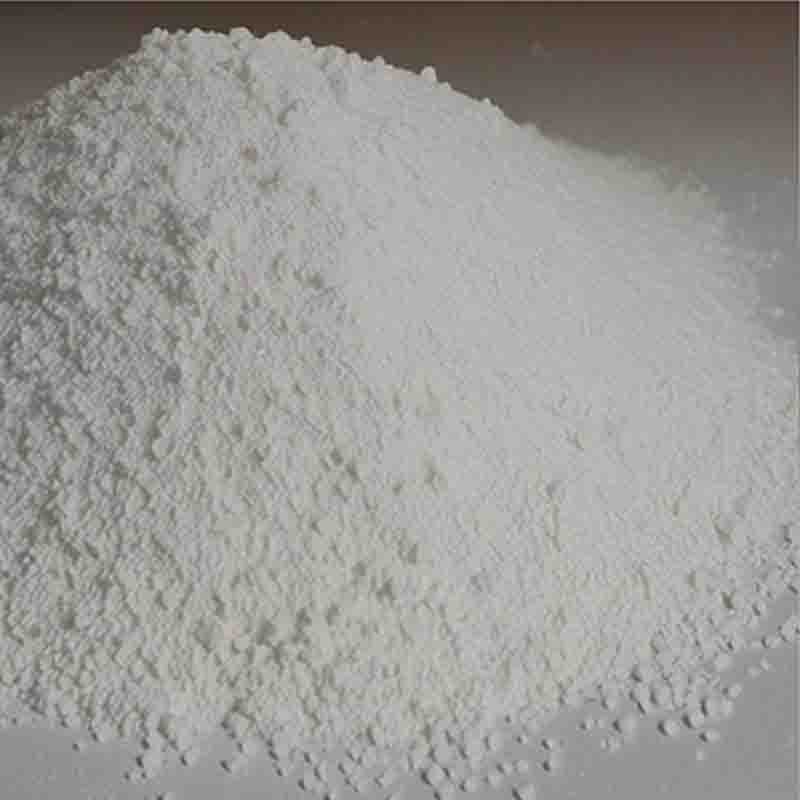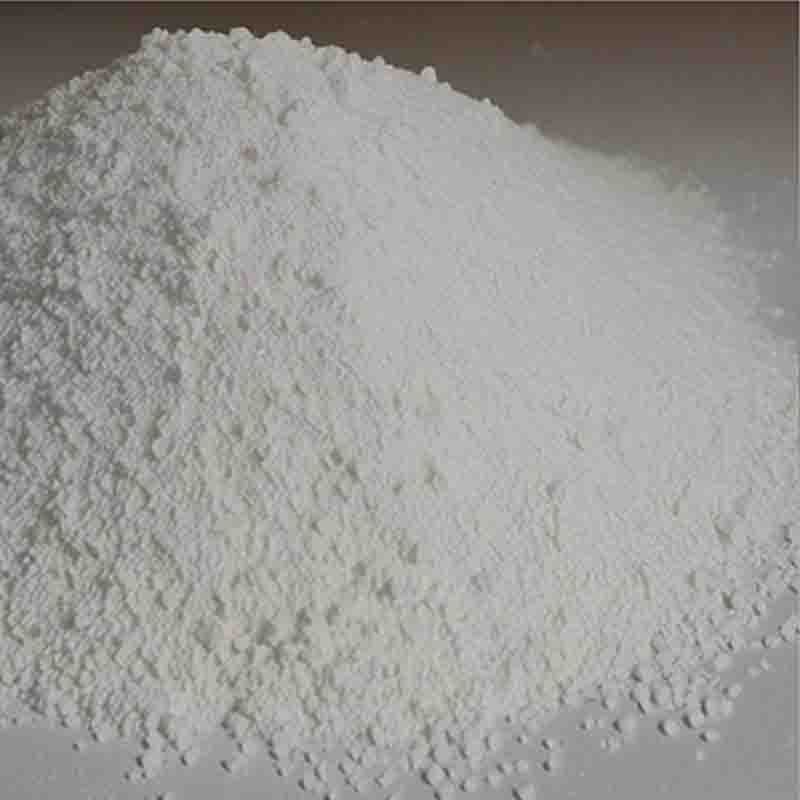Ethyl4-methylthiazole-5-carboxylate CAS:20582-55-2
| Catalog Number | XD95960 |
| Product Name | Ethyl4-methylthiazole-5-carboxylate |
| CAS | 20582-55-2 |
| Molecular Formula | C7H9NO2S |
| Molecular Weight | 171.22 |
| Storage Details | Ambient |
Product Specification
| Appearance | White powder |
| Assay | 99% min |
Ethyl 4-methylthiazole-5-carboxylate is a chemical compound with a molecular weight of 171.22 g/mol. Thiazole derivatives, including 4-methylthiazole-5-carboxylate, have been studied for their diverse pharmacological activities and potential applications in medicinal chemistry, organic synthesis, and pharmaceutical development.
While specific information on the effects of ethyl 4-methylthiazole-5-carboxylate is limited, its chemical structure and the known properties of thiazole derivatives suggest potential applications in various areas, including drug discovery and development.
Thiazole derivatives have been investigated for their antimicrobial, antiviral, and anticancer activities. The presence of the ethyl ester and the methyl group on the thiazole ring in ethyl 4-methylthiazole-5-carboxylate suggests that it may possess unique biological properties and potential therapeutic applications.
Thiazole derivatives have also been explored for their potential as central nervous system (CNS) agents, anti-inflammatory agents, and in the treatment of metabolic disorders. The diverse pharmacological properties of thiazole derivatives highlight their potential for the discovery of novel drug candidates with therapeutic applications in various disease conditions.
Furthermore, thiazole derivatives have been used as building blocks in the synthesis of pharmaceuticals and bioactive compounds. The presence of ethyl 4-methylthiazole-5-carboxylate in the chemical space offers opportunities for structural modifications and the development of new molecules with potential pharmacological effects.
In conclusion, while specific information on the effects of ethyl 4-methylthiazole-5-carboxylate is limited, its chemical structure and the known properties of thiazole derivatives suggest potential applications in medicinal chemistry and pharmacology. Further research is needed to elucidate its biological activities, pharmacological effects, and potential as a lead compound for drug development. Its diverse pharmacological properties highlight its potential for the discovery of novel drug candidates with therapeutic applications in various disease conditions.


